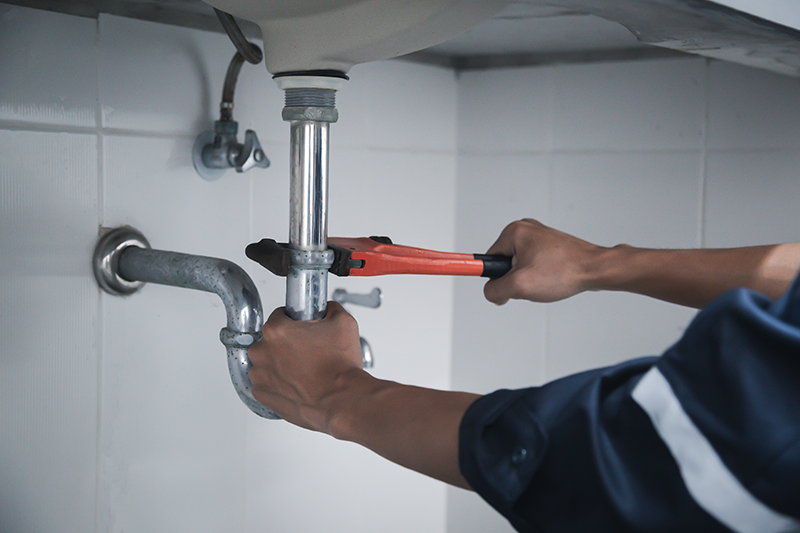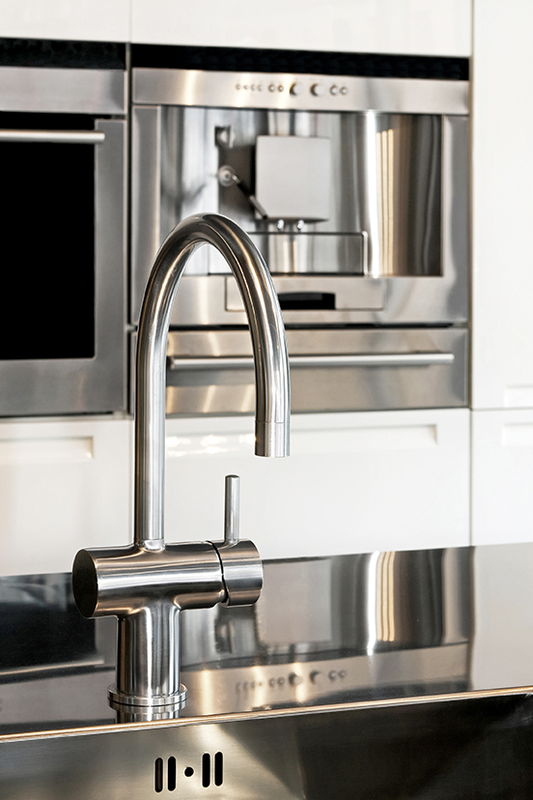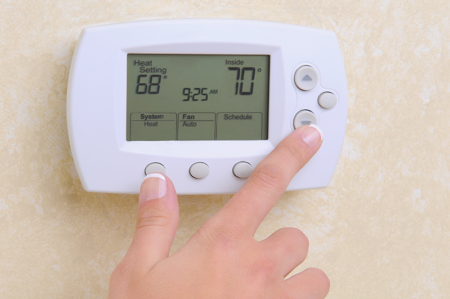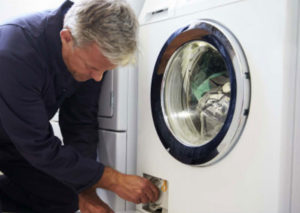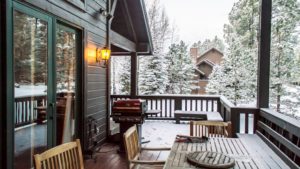As the leaves begin to turn and cold evenings drift in, heating costs may have entered your mind. Fall is the perfect time to make improvements to save on heating bills this winter. Some of these might be larger projects, while others you can do in a few hours. Go through these tips to save on your heating bill this winter, and see which ones make sense for you.
1. Get an Energy Audit
If your home heating bills are high, it can be difficult to know where to start. Many local utilities as well as private businesses offer energy audit services to give you a better idea of what improvements offer the best return on investment. Consumers Energy, for example, offers a home energy analysis program to give you an expert opinion on where you can reduce all energy costs, not just your heating bill.
2. Rebates from Energy Upgrades
If you’re considering taking on bigger projects to save on your heating bills this winter, rebates can help reduce the upfront costs. Many utilities offer rebate search services, such as these home energy rebates from Lansing’s Board of Water and Light. This way, you’ll benefit from lower heating bills in the winter while also reducing the costs of energy improvements themselves.
3. Insulate the Attic
When it comes to reducing heating bills in the winter, many people go straight for windows and doors. While this is an area of heat loss, it’s usually not the primary area of heat loss. Since heat rises and since your roof and attic have much more surface area than your windows and doors, most heat loss occurs through your attic and roof.
We all know that heat rises, which is why higher spaces in your home are generally warmer. As you might expect, the warm air doesn’t just park in your attic, though. The process of convection causes it to rise, and then radiation and conduction causes it to escape through the roof, windows, and walls. While it’s impossible to completely stop this from happening, insulating your attic can help to reduce the effect. You might be able to do this yourself, or you might want to hire a contractor.
4. Upgrade Windows
While attics are responsible for a majority of heat loss, windows are also a culprit, especially in older homes. If your windows are single pane, they’ll lose heat through radiation faster. Double-pane windows, as the name implies, use two panes of glass, with an insulating layer in between. Upgrading to double-pane windows is a significant investment, but it will significantly save on heating bills, and help to lower cooling costs in the summer.
If you have double-pane windows, but you still feel drafts, consider adding weather stripping. If you’re not sure exactly where the draft around your window is coming from, there are two easy tests you can try. First, close the window on a dollar bill or a piece of paper. If the paper is stuck, your seal is tight. If you can move it easily out, your seal is worn-out. If you suspect the glazing around the window is worn-out, use a smoke test. Light an incense stick, hold it near the window, and see how the smoke moves to track a draft.
5. Seal Windows
If you’re not ready for a full-scale window overhaul, you can add an extra layer of sealing yourself. Clear plastic insulation is made to go over your windows in the winter, and you can install many types of this yourself. Some types stick on, other types require heat, such as a hair dryer, to fit tightly to the window. Make sure those unexpected fall heat waves are over before you start this project, since you won’t be able to open the windows again until you take the plastic off in the spring.
6. Turn Down Thermostat
This is a pretty obvious way to save on heating bills, but it’s easy to underestimate the difference it can make. The Department of Energy estimates a 1% heating bill savings for every 1 degree you lower your thermostat in the winter. This doesn’t mean that you need to wear two pairs of socks all winter long, though. Lowering your thermostat 5 or 10 degrees during the eight or ten hours when no one is home can add up to significant savings. You might also lower your thermostat while you sleep. With about 16 to 18 hours of significantly lowered heating costs, you can feel better about keeping your house warmer while you’re there.
If you’re tired of coming home to or waking up in a cold house, consider installing a programmable thermostat. Many models now allow you to set timers, so you can start warming up the house an hour before you get home or wake up.
7. Update or Tune Up Furnace
You can save on heating bills by reducing the heat escaping from your home, or by improving the efficiency of the heat source itself. If your furnace hasn’t been updated in over ten years, consider making a replacement. Scheduling a tune-up in fall can also help your furnace stay at full efficiency. This might also reveal any problems that could cause a shut-down in the winter. Finally, replace your air filter. A dirty air filter will make your furnace work harder than it needs to.
8. Reverse Ceiling Fans
In the summertime, ceiling fans should spin counter-clockwise at a high speed. In the wintertime, switch this; run fans clockwise at a low speed. You can usually reverse the fan’s direction using a small switch on the side. Blowing air around to stay warm may seem counter-intuitive, but this interrupts the process of convection. As warm air rises, the slow, clockwise ceiling fan essentially pushes it back down around the edges, and pulls cold air up, without creating a strong current. In summertime, a fast, counter-clockwise fan keeps cold air down by creating a strong downdraft at the center.
9. Insulate Ducts
Heating ducts move warm air throughout your home, but they won’t do this efficiently if they’re not well insulated. Add insulation around ducts and seal any leaks on or around the ducts themselves. This will help warm air move along its intended path with minimal heat loss.
With some tips to save on heating bills this winter, hopefully the cold season doesn’t seem quite so intimidating. Plan out home improvements you can tackle this fall and you’ll be ready for a snug and cozy winter.
